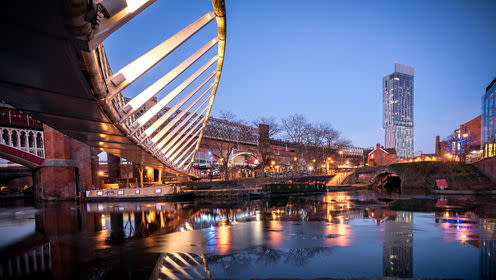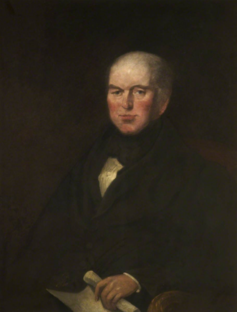Metro mayors and the city as an underperforming brand

It has been 179 years since the inauguration of the first Mayor of Manchester and the city is just about to elect a new incumbent. During this time, the office has been held by more than a hundred men and women. But the role has changed significantly over the years.

It began as an influential leader of political, social and economic reform and ended up as one of mere ceremony. Sir Thomas Potter, Manchester’s first mayor, was a wealthy businessman, a liberalist, and co-founder of the Manchester Guardian. In May last year, Councillor Carl Austin-Behan was sworn in to office. Carl was Manchester’s first openly gay Lord Mayor. This was of great significance given the city’s LGBT achievements but of little everyday consequence as the office had become little more than a formality.
Nevertheless, in the good old tradition of history repeating itself, the city’s next mayor – to be elected next month – will take on a civic leadership role with real power and financial clout.
Not unexpectedly, the new position of Greater Manchester Metro Mayor has attracted eight contenders. Perhaps, more surprising, was the announcement that longstanding, local Labour MP Andy Burnham, was standing for election.
Usually, the career trajectory of a politician goes from the local to the national – not the other way round. However, Manchester is an attractive proposition for a would-be political investor like Andy Burnham. You could think of him as a bit like a private equity funder eyeing up an under-performing brand that is ripe for some targeted investment. Along with a bit of sensible and joined-up management and a good dose of positive PR.
Over the last ten years, there has been a growing body of research into the practice of place branding and management. While much of this is critical of transplanting business practices to places, there are a couple of relatively unproblematic applications to be recommended to the new mayor, whoever that turns out to be.
It’s NOT grim up north
First, a bit of reputation management would not go amiss. This should take the form of communications campaigns engineered to challenge decades of “grim up North” stereotyping. Second, a clear vision along with some place-based decision making is needed if the new mayor is going to have a chance of undoing years of siloed and disconnected policy making.
This has systematically failed to address the complex and interconnected nature of problems in the city region. So, the mayor’s new, integrated £6 billion health and social care budget is an important step, as long as some clear outcomes are set.
Mayors are also expected to set the direction of travel. Evidence from Bristol suggests that citizens perceive the leadership of mayors as much more visible than everyday politicians. Evident, observable leadership is more likely to engender confidence – not only in people’s ability to tackle deeply embedded problems, but externally, too. Visible leadership acts as a boost to a city’s image.
In Bogota, for example, two elected mayors (Antanas Mockus and Enrique Penalosa) have been credited with lifting the city from “violence and dysfunction” to “world capital status”.
Of course, it is important to not get too carried away with the allure of the Metro Mayor. Cities are not just their mayors; they are their people. So focusing on the populations’ health (an approach that the electorate already seems to support) is important.
The skills gap in the city region does not appear to be such a vote-winner, however, even though it is likely to be hampering regional employment and productivity. This is important as it is where a mayor can leave a meaningful, personal legacy. All too often, civic leaders tend to focus on the physical – like infrastructure (think Boris Bikes) or “iconic” buildings. Most likely this is because these types of interventions can be commissioned and completed within their time in office.
Making a difference
Changing the prognosis for the long-term unemployed, the unskilled, the “left-behind” is not so easy. Nevertheless, educational achievement can be improved in specific locations and this is another aim our new mayor could at least catalyse.
Making a difference somewhere and being close to the action as a metro mayor could make for a far more influential political career than being insignificant or aloof in Westminster. The apathy and distrust people feel towards their MPs suggests that national politics is no longer an arena for actually engaging with people.
Likewise, for the foreseeable future, it is probable that a substantial amount of parliamentary time will be spent discussing Britain’s exit from the EU. This makes it highly unlikely that current MPs will be remembered, individually, for anything much at all – regardless of the result of June’s election.
Eight candidates are bidding to be mayor of Greater Manchester. The others are: Sean Anstee, Conservative; Mohammad Aslam, Independent; Jane Brophy, Liberal Democrats; Marcus Farmer, Independent; Stephen Morris, English Democrats; Shneur Odze, UKIP; and Will Patterson, Green Party.
This article was originally published on The Conversation. Read the original article.

Cathy Parker is affiliated with The Institute of Place Management, the Journal of Place Management and Development and the Labour Party. This article reflects her personal opinions.

 Yahoo News
Yahoo News 